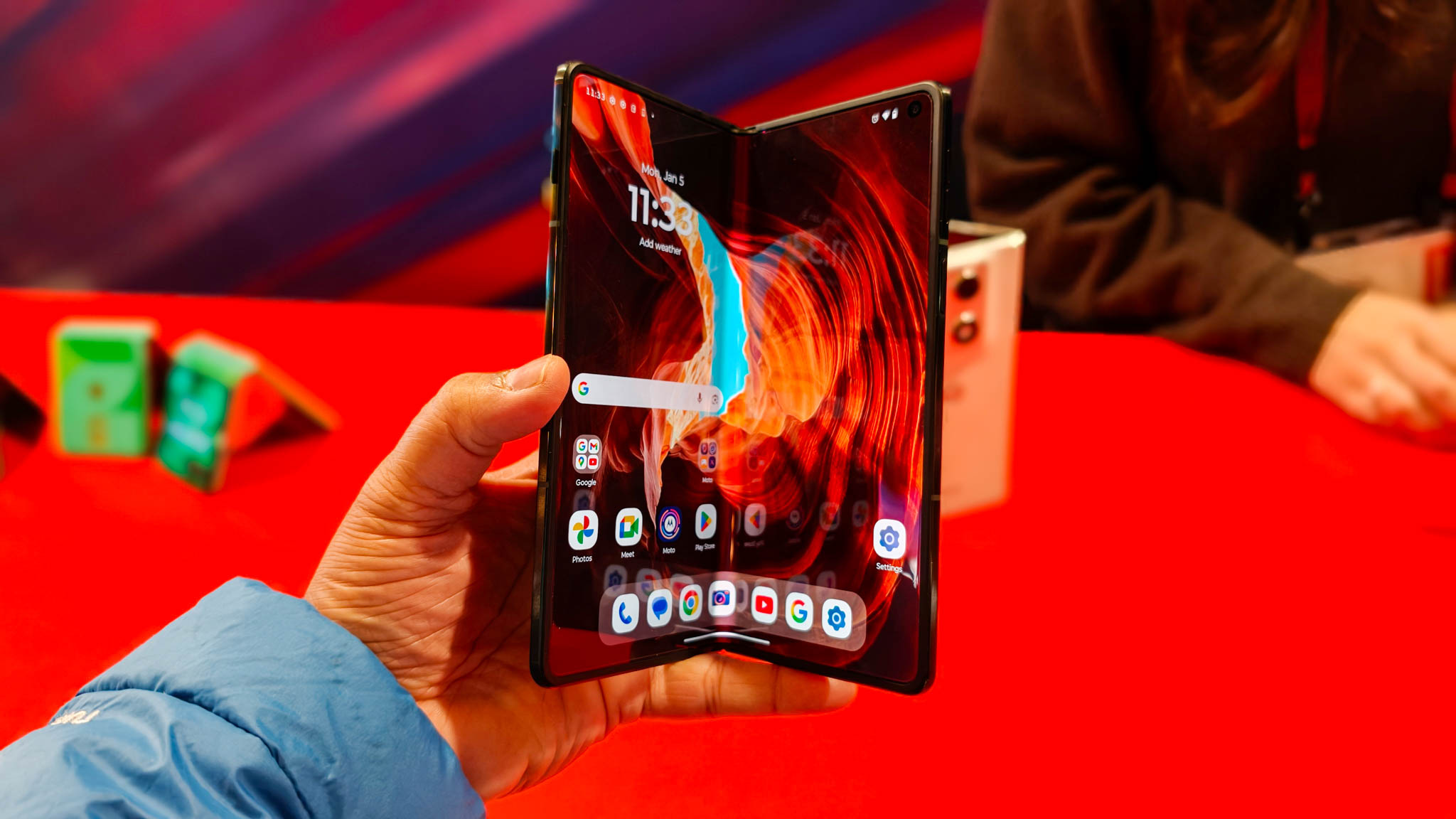6 reasons why you should use a fake GPS location

One of the unfortunate realities of using the internet is that there are eyes everywhere. Whether it's internet service providers, governments or website owners, many different entities have the ability to track your every move online and find out where you live. In fact, all they need to do is look at your IP address or access the GPS location of your device.
The ability for third parties to track your location isn't just a huge privacy concern, but it also means that geo restrictions can be imposed. As a result of this, some websites, apps and content may be inaccessible in your country or region. Obviously, that isn't an ideal situation.
While VPNs are typically a great way to solve these issues, they only conceal your IP address and not your GPS location. So you can still be tracked online. But you can easily get around this by setting up a fake GPS location. As the name suggests, location spoofing is the use of technology to change the geographic location of your phone, tablet or computer to a fake one.
By spoofing your location, you'll be able to do things like improve your online privacy, make people believe that you're abroad when you're actually not, connect with more people on dating apps, watch the latest movies and TV shows on streaming platforms, and use Pokemon Go in all corners of the globe. In this article, we talk through the reasons why you should fake your GPS location.
How to spoof your location
Getting started with location spoofing is pretty simple. On Android devices, the quickest way to create a fake GPS location is by signing up to Surfshark, which is the only VPN company that offers this as a built-in functionality.
Next, you'll need to download the Surfshark app from the Google Play Store and go into the app settings. When you're in the settings, click on the page titled 'Advanced' and press the 'Override GPS location' button.
You'll be told to head over to the settings of your device. Here, open up 'About Phone' and click on 'Build Number' seven times. Your phone or tablet will now be in developer mode.
While you're still in the settings of your device, look for 'Select mock location app' and press Surfshark from the list of apps that will appear. The process should now be completed, and you'll be able to spoof your location.
The way that GPS location spoofing works on Surfshark is that whenever you connect to a different VPN server via the app, the physical location of your device will also change. This will be automatic when you've turned the feature on in the Surfshark app.
1. Change your location on Snapchat Maps
Like a lot of social networking sites, Snapchat accesses the GPS information of its users to be able to offer a range of different features. Most notably, Snapchat Maps makes extensive use of this technology. The latter is an optional feature that enables you to see where your friends are and what they're up to on an interactive map.
If you want to make your friends believe that you're sunning yourself on a Caribbean beach or skiing in the French Alps, location spoofing is pretty handy (albeit in a fun way). It's also great for more serious activities like accessing Snapchat features and filters that aren't available where you live.
2. Catch Pokemon all over the globe
Pokemon Go is another app that's perfectly suited to location spoofing, as it is effectively powered by GPS. If you're living in a rural location, you probably don't have a large choice of Pokemon, Pokestops and Gyms to find. However, if you change your location to somewhere like New York City or London, you'll have no shortage whatsoever. And, of course, you'll be able to access the latest Pokemon Go updates.
3. Get more matches on dating apps
If your number one goal is to find the love of your life, it's also worth spoofing your location. Anyone who spends a lot of time on dating apps will know how disappointing it can be when you've been swiping through hundreds of profiles for hours and haven't had any luck in the match department.
With a fake GPS location, you can begin looking for love in other areas and will no longer be limited to people in your neighborhood. It's worth noting that not all dating apps will support fake GPS, but there are plenty that do. Hopefully you'll find your perfect man or woman in no time.
4. Get the latest Android updates
It's extremely frustrating when a new Android update is released, offering lots of cool features that you'd like to try for yourself, and you find out that you can't get it in your location yet. The same can be said for new versions of popular apps like Facebook, Twitter and Snapchat, which regularly announce exciting new features. To get access to a new OS or app update, just change your GPS location to a country or region where it's available and you're good to go.
5. Watch the latest movies and TV shows
Streaming companies like Netflix and Amazon Prime Video have thousands of TV shows and movies in their catalogs, but a lot of the time, new releases are only rolled out in a few countries initially. If there's a movie or show that isn't available where you live yet, just change your GPS location to a country where it has been released and you will then be able to watch it. On the whole, location spoofing will dramatically improve the way you stream online content.
6. Improve your online privacy
As we mentioned at the start of this article, websites not only use IP addresses for online tracking but also the GPS location of your connected device. Consequently, they can impose geo restrictions, track your internet behaviour, bombard you with advertisements and do lots of other annoying things. Location spoofing will hide your real whereabouts from websites and improve your online privacy.
We test and review VPN services in the context of legal recreational uses. For example:
1. Accessing a service from another country (subject to the terms and conditions of that service).
2. Protecting your online security and strengthening your online privacy when abroad.
We do not support or condone the illegal or malicious use of VPN services. Consuming pirated content that is paid-for is neither endorsed nor approved by Future Publishing.
Get the latest news from Android Central, your trusted companion in the world of Android


